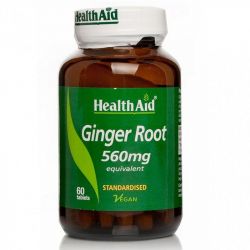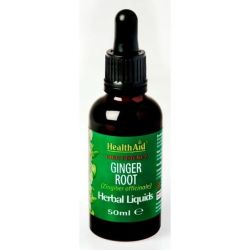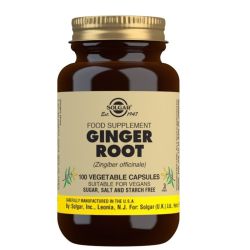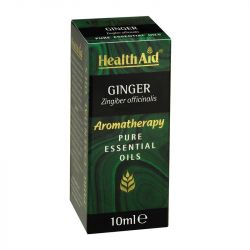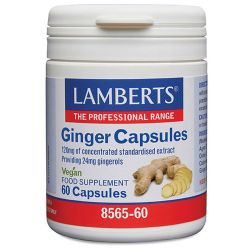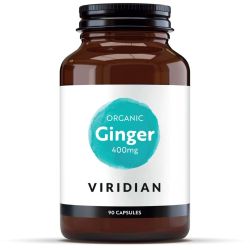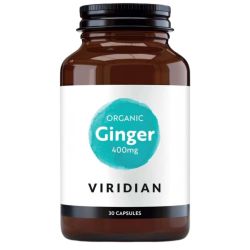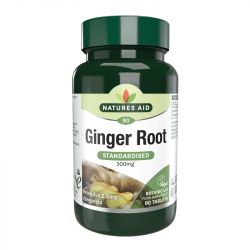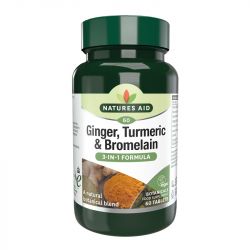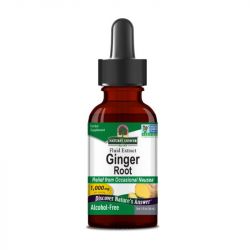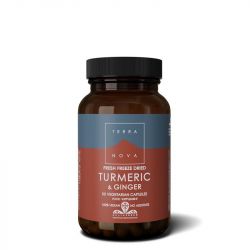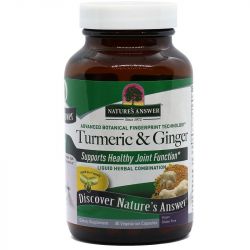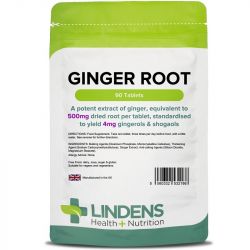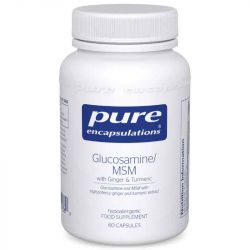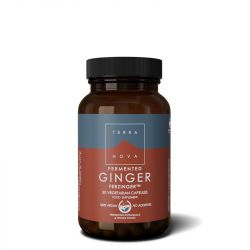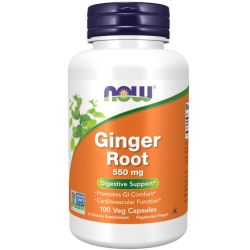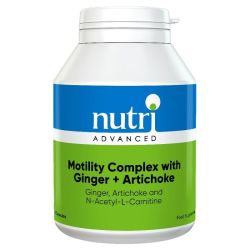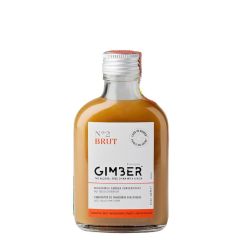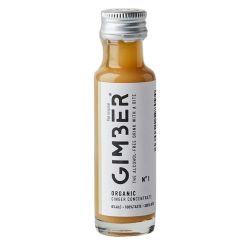Ginger
Ginger, scientifically known as Zingiber officinale, is a flowering plant native to Southeast Asia and has been used for thousands of years for its culinary and medicinal properties. Historically, ginger has been a staple in traditional medicine systems, including Ayurveda and Traditional Chinese Medicine (TCM), where it has been employed to treat various ailments such as digestive issues, inflammation, and respiratory conditions.
The active compounds in ginger, particularly gingerol, are known for their potent anti-inflammatory and antioxidant effects. Modern research supports the traditional uses of ginger, highlighting its effectiveness in alleviating nausea, especially morning sickness in pregnancy and motion sickness, as well as its role in reducing muscle pain and soreness.
- Nature's Answer Ginger Bitters (Alcohol Free) 60mlSpecial Price £16.99 Regular Price £19.99Out of stock
- Manuka Health MGO 400+ Manuka Honey Drops with Ginger & Lemon 65gSpecial Price £6.79 Regular Price £7.99
- Nutri Advanced Motility Complex with Ginger + Artichoke Caps 120Special Price £23.99 Regular Price £31.99
- Gimber Organic Alcohol Free Ginger Drink Sweet Lilly 500mlSpecial Price £19.79 Regular Price £21.99
All you need to know about Ginger
Recommended ginger supplements
We would recommend the following ginger supplements:
Terranova Turmeric And Ginger Capsules
What are the health benefits of ginger?
Ginger helps to improve gut health by stimulating digestive enzymes and helping our body to process food. It helps to prevent constipation and indigestion, and can also aid stomach cramps. Ginger is a popular natural remedy during menstruation, and can be highly effective at relieving menstrual cramps and pain. Because of its anti-inflammatory properties, it can also be helpful to those suffering from conditions like osteoarthritis.
What are the side effects of ginger supplements?
Ginger is known to be safe for most people, but you should speak to your GP before taking any supplements, especially if you are on medications to thin the blood and prevent clotting, or if you are pregnant. Frequently reported side effects of ginger include heartburn, stomach upset, loose stools, skin rash or irritation and heavy periods.
How does ginger help with nausea?
Ginger works by interacting with the gastrointestinal system and the brain to help reduce feelings of nausea. It is particularly effective for morning sickness during pregnancy and for alleviating nausea associated with motion sickness.
How much ginger supplement should I take every day?
You shouldn't take more than 4g of ginger supplement per day. If you are pregnant, this should be lowered to no more than 1g per day. Speak to your doctor or pharmacist about the correct dose for your health goals.
Is ginger good for blood pressure?
Ginger is used in traditional medicine to lower blood pressure and to improve circulation. It prevents blood clots, which in turn can aid those who are at a higher risk of developing heart disease, heart attacks, stroke and diabetes.

